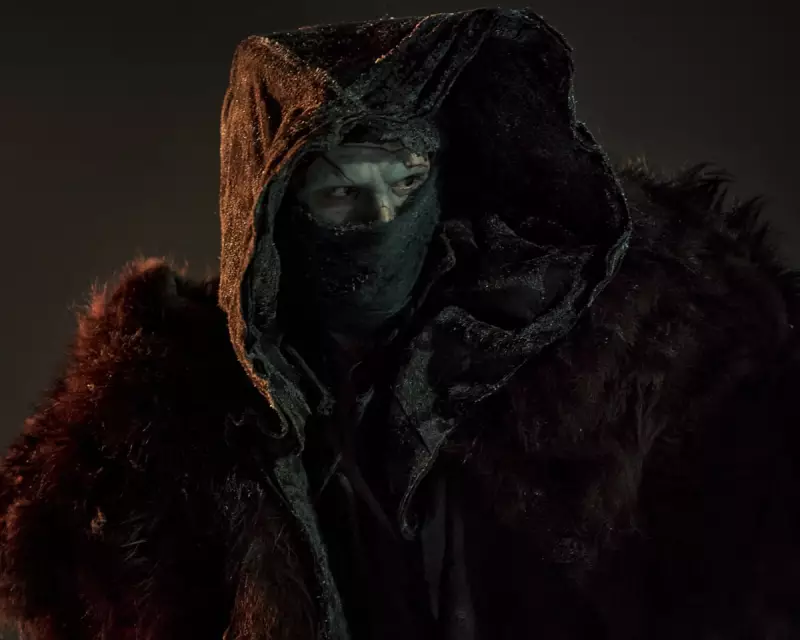
Guillermo del Toro's monumental passion project, a breathtaking new adaptation of Mary Shelley's Frankenstein, has finally been unveiled, and the consensus is clear: it was worth the wait. The film, starring a powerhouse cast led by Oscar Isaac and Jacob Elordi, is being hailed as a definitive and soulful interpretation of the classic tale.
Del Toro, the visionary director behind The Shape of Water and Pan's Labyrinth, doesn't merely retell the story; he re-energises it with a profound sense of tragedy, beauty, and thematic depth that resonates powerfully with Shelley's original 1818 text.
A Stellar Cast Breathes New Life Into Iconic Roles
Oscar Isaac delivers a career-defining performance as the obsessive and tormented Victor Frankenstein, capturing both the character's towering intellect and his devastating moral decay. Opposite him, Jacob Elordi is a revelation as the Creature. His portrayal is not of a mindless monster, but a deeply sensitive and intelligent being, full of anguish and a desperate longing for connection that is both heartbreaking and terrifying.
The stellar supporting cast adds immense depth. Christoph Waltz brings a mischievous charm as Victor’s father, while Mia Goth and Andrew Garfield are praised for their compelling and emotionally charged roles.
A Gothic Visual Feast
True to del Toro's form, the film is a visual masterpiece. Every frame is meticulously crafted, blending practical effects with seamless digital work to create a world that is both sumptuously gothic and tangibly real. The creation of the Creature is a particular highlight, a horrifying and awe-inspiring sequence that stands as a new benchmark in cinematic special effects.
The production design, costumes, and haunting score work in concert to immerse the audience completely in the film's bleak yet beautiful European setting.
More Than A Monster Movie
Critics emphasise that this Frankenstein succeeds because it transcends its genre roots. It is a poignant exploration of the most human themes: the perils of playing god, the destructive nature of abandonment, and the societal fear of the outsider. Del Toro uses the gothic framework to ask urgent questions about creation, responsibility, and what it truly means to be human.
The early reviews suggest that del Toro has not only crafted a magnificent film but also a strong early contender for the upcoming awards season, with particular praise likely to be directed at its commanding lead performances, stunning direction, and masterful technical craft.





